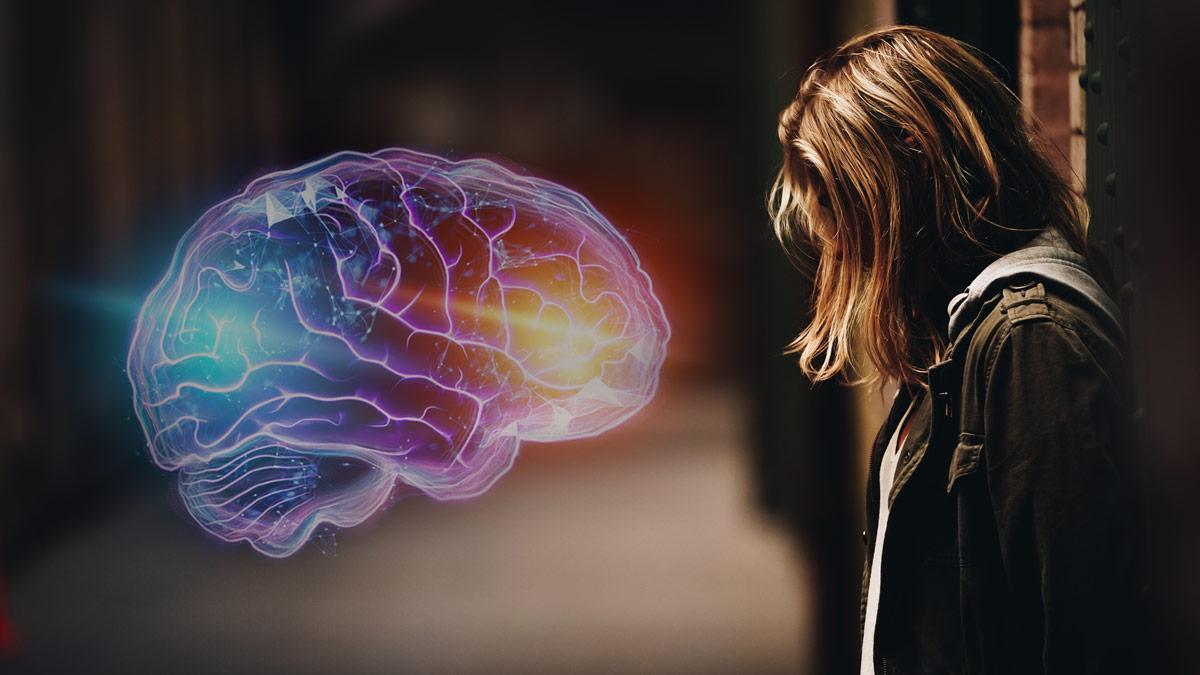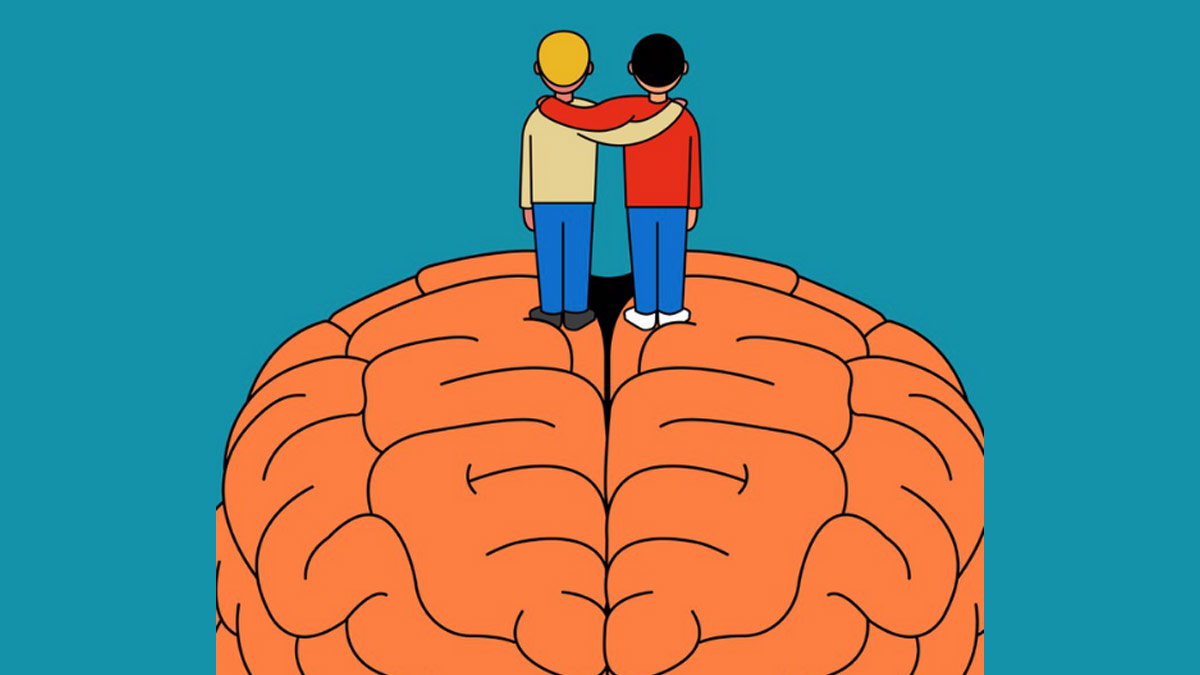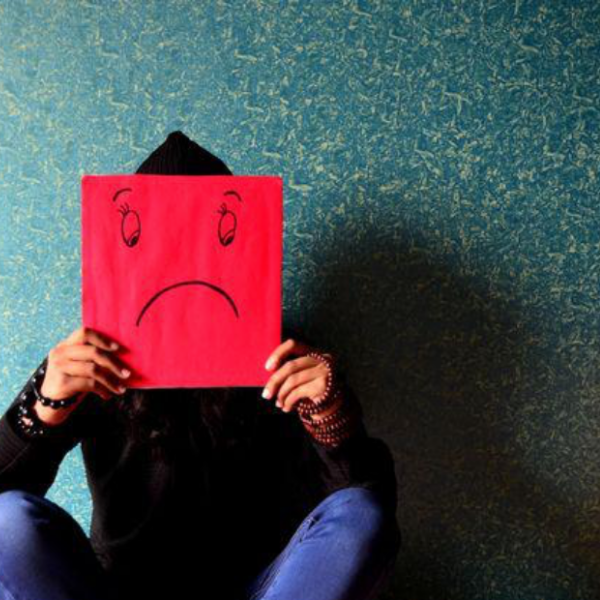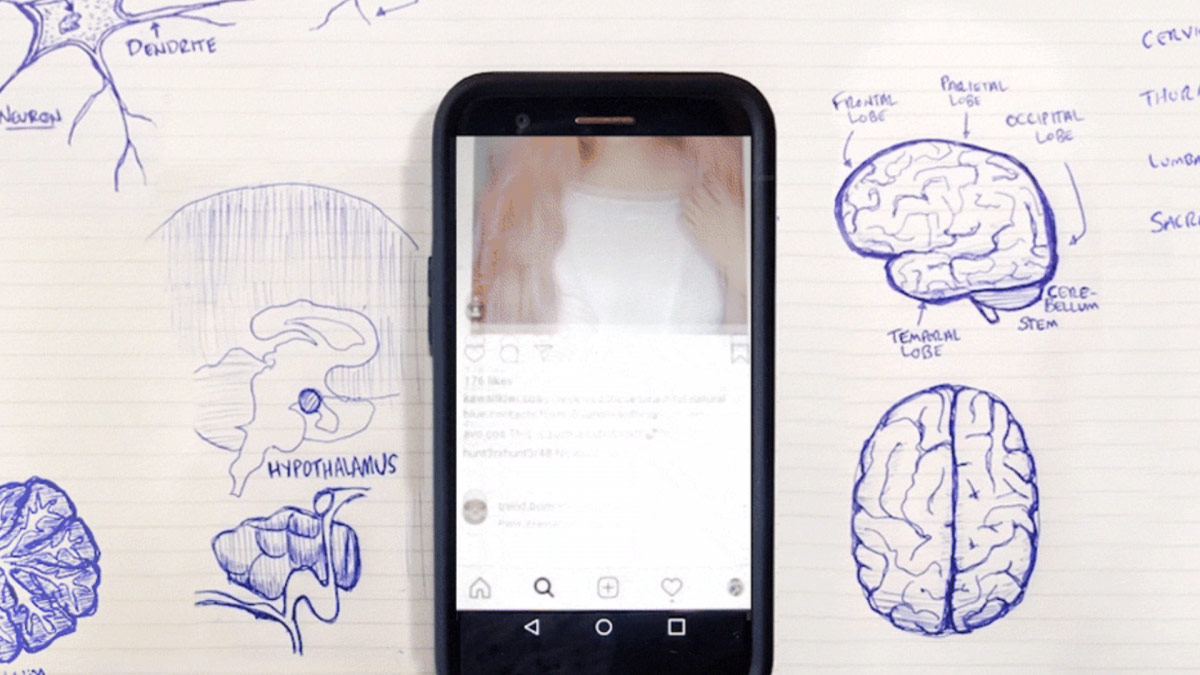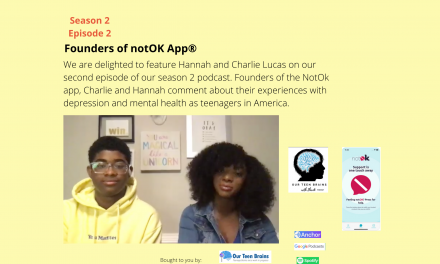YOUR PRESCRIPTION FOR BRAIN WELL-BEING: SOCIALISING!
Friends become increasingly important during adolescence.
Evidence suggests that friends can influence each other not only toward participation in risk behavior but also against it. Friendship in adolescence can provide important sources of support.
Friendship offers four types of Support:
- Information support: Advice and guidance in solving problems
- Instrumental support: Helping with tasks, such as homework
- Companionship support: Rely on each other in social activities
- Esteem Support: Congratulating friends when successful, consoling when failed, and “being on their side”.
Relational aggression is the term for behavior that includes: sarcasm, ridicule, gossiping, spreading rumors, snubbing, and excluding others. It is not physical aggression, but it harms others by damaging relationships. Being the target of relational aggression is associated with feelings of depression and loneliness.
If someone online is being harmful:
- Don’t respond, don’t retaliate – a reaction is exactly what they want
- Don’t try to deal with the problem yourself – report the person and their negative messages to someone who can help (parent, counselor)
- Keep track of information about the problem and take a screenshot of anything you think would help report it
- Block the person on your device and don’t visit the same sites as them.
Increasingly, teens are communicating with friends online. Although peer pressure is often used as a negative term to describe how adolescents encourage risk taking behaviors, it can also be a motivation for positive actions. Relational aggression can be challenging to address and students may need to reach out for help.
In Conclusion, friends become increasingly important during adolescence. Although peer pressure is often used as a negative term to describe how adolescents encourage risk taking behaviors, it can also be a motivation for positive actions. Relational aggression can be challenging to address and students may need to reach out for help.
The presentation slides and the YouTube presentation below shares the impact of loneliness on our brains. Please tell if you enjoyed it?
References
Sarah McKay, MSc. “Why Friendship Is Great For Your Brain: A Neuroscientist Explains.” Mindbodygreen, Mindbodygreen, 27 Feb. 2020, www.mindbodygreen.com/0-12905/why-friendship-is-great-for-your-brain-a-neuroscientist-explains.html
Blanco-Suarez, Elena. “The Neuroscience of Loneliness.” Psychology Today, Sussex Publishers, 19 Dec. 2017, www.psychologytoday.com/us/blog/brain-chemistry/201712/the-neuroscience-loneliness
Piore, Adam. “Why Do You Feel Lonely? Neuroscience Is Starting to Find Answers.” MIT Technology Review, MIT Technology Review, 4 Sept. 2020, www.technologyreview.com/2020/09/04/1008008/neuroscience-loneliness-pandemic-covid-neurons-brain/
Offord, Catherine. “How Social Isolation Affects the Brain.” The Scientist Magazine®, www.the-scientist.com/features/how-social-isolation-affects-the-brain-67701
Nield, David. “MRI Scans Show Our Brains Can Perceive Friends Differently When We Feel Lonely.” ScienceAlert, www.sciencealert.com/feelings-of-loneliness-are-linked-to-fundamental-changes-in-brain-wiring
“How Does Loneliness Affect Us?” Neurocore Counseling, 5 Feb. 2020, www.neurocorecounseling.com/blog/how-does-loneliness-affect-us/

